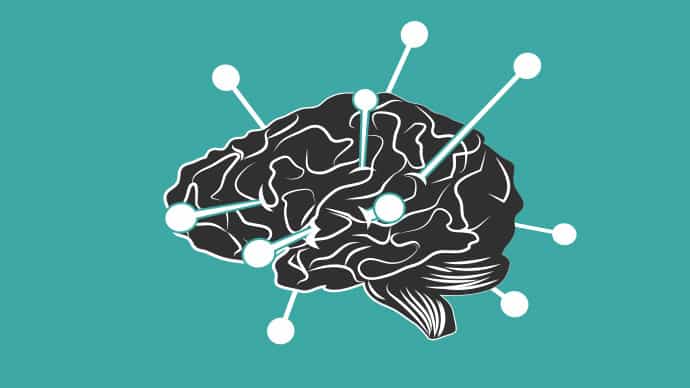Traumatic Brain Injury (TBI) is a type of injury resulting from external jerk or shock to the head caused by incidents such as road/sports accidents, acute falls and bullet or skull penetration, which cause the brain to dysfunction and results in damage to brain tissue. The range of severity of the injury defines the speed of recovery.
This type of injury may result in permanent body impairment or death, but it does affect overall physical, behavioural, cognitive, social and emotional well-being. Serious traumatic brain injury can result in bruising, torn tissues, internal bleeding and other complications.
Traumatic Brain Injury Leading to Other Conditions
TBI may also lead to Alzheimer’s, Dementia and Parkinson’s disease. Temporary memory loss, mood swings, depression, stammering speech and sleeplessness are some common symptoms associated with TBI patients. Conditions with neurodegenerative symptoms require exceptional care and treatment varies individually since no two patients with TBI are alike. Imaging tests like Computerised Tomography (CT) scans and Magnetic Resonance Imaging (MRI) are undertaken to get detailed brain images, to help identify any fractures, swelling, bleeding or blood clots. There is now an enormous global demand for new effective cell therapies that focus on regeneration of degenerating neuronal networks in Alzheimer’s patients to reverse some symptoms.
Traumatic Brain Injury and Stem Cells
Studies show that the most commonly used cells in Alzheimer’s and Dementia therapies are Embryonic Stem Cells (ESCs), Mesenchymal Stem Cells (MSCs), rain-derived Neural Stem Cells (NSCs), and Induced Pluripotent Stem Cells (iPSCs).
ESCs are extracted from the inner cell mass of the developing blastocyst at embryonic day 5 to 6. MSCs are involved in the development of mesenchymal tissue and can be collected from umbilical cord blood or bone marrow/ adipose tissue in adults. NSCs are responsible for the generation of all neural cell types during development. The cells are injected in the damaged locations of the brain where they rapidly multiply and mature to functional neurons bringing about recovery. These Stem Cell transplantations have proven to decrease neuro-inflammation and reversal of cognitive deficits by preserving brain tissues correlating with functional outcomes.
The Ctem Cells work in the brain to reduce the body’s inflammatory response to trauma by creating a neuro-protective tissues. Transplanted Stem Cells help boost the structural neuro-plasticity as they gradually develop into neurons. Clinical studies in patients with TBI shows that neurologic function improves at 6 months after cell therapy. In Parkinson’s patients, the functionality of dopamine neurons (dopamine neurons signal the brain for body movements) is disrupted leading to lack of body/muscle coordination and numbness in fingers and toes. Stem Cell therapy helps create new dopamine producing neurons and release cytokine chemicals that induce dopamine production.
Effectiveness of Stem Cell Therapy
Stem Cell therapy is one of the most practical and effective ways to repair cell damage from brain injuries, strokes and Alzheimer’s.
At Verita Neuro we offer our clients safe and effective treatments supported by our team of highly qualified medical professionals. We realise the importance of conducting personalised care assuring positive results. Our treatment for every patient conforms to the highest standards.
For more information, please contact us and our Patient Representatives will be happy to answer any questions.
H/T: Medical News Today




 English
English